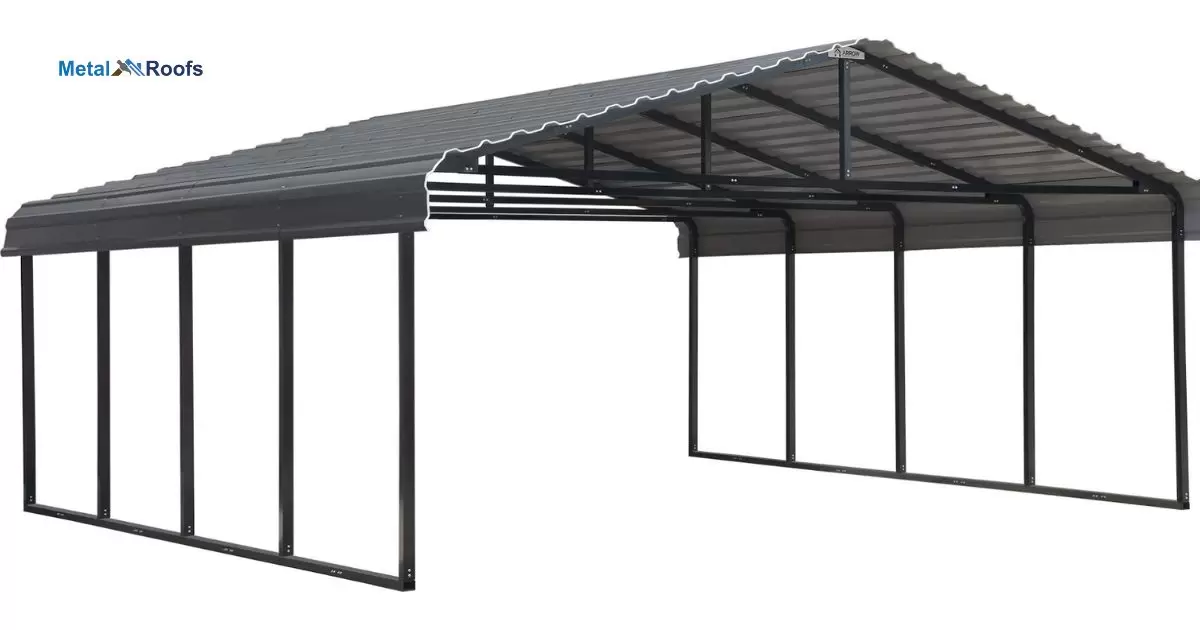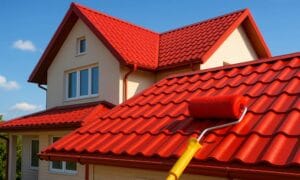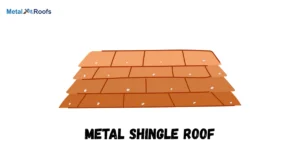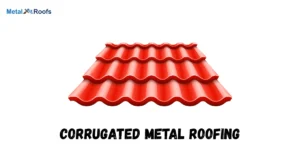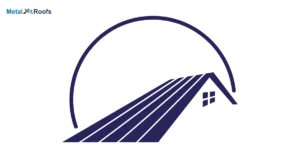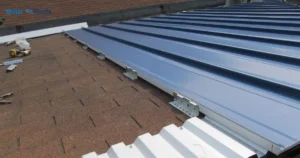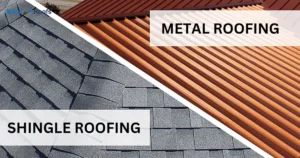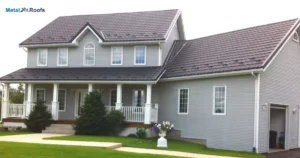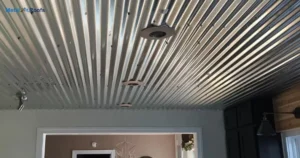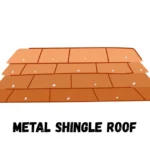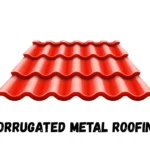A 29 gauge metal roof is lightweight yet durable. It resists fire, rot, and moisture damage. The steel panels interlock for wind resistance. The baked-on paint finish needs little maintenance. A professional installer ensures proper fitting and longevity. The upfront cost is higher but it lasts for decades.
Metal roofs offer many benefits over traditional materials. But how does the 29 gauge option measure up? This thickness balances strength and affordability. It is lightweight yet sturdy for most residential applications. Let’s explore if a 29 gauge metal roof is a good choice.
Before deciding if 29 gauge is suitable, consider your climate and roof pitch. Areas with heavy snow loads may need a thicker gauge. Steeper roof slopes allow snow and debris to shed easily. Location impacts wear from weather exposure over time. Key factors helps determine if this gauge meets your needs.
Key Takeaways
- 29-gauge metal roofing is popular for residential use.
- Easier to handle and install due to its thinner profile.
- Provides good protection against the elements.
- More susceptible to dents from hail or impacts compared to thicker gauges.
- Typically comes with warranties ranging from 20 to 40 years.
- Choose gauge based on climate and potential for severe weather.
What Is A Roof Gauge?
A roof gauge measures the thickness of metal roofing material. It indicates how sturdy and durable the roof will be. The gauge number is inversely proportional to thickness: the lower the number, the thicker the metal. For instance, a 29-gauge metal roof is thinner than a 26-gauge one. Thickness affects durability, cost, and appearance.
Thinner gauges may be cheaper but less durable. Opting for thicker gauges, like those in hip and ridge caps vs 3 tab thingles, provides better protection, albeit at a higher cost. Therefore, the choice depends on factors such as climate and budget, where consulting professionals can offer valuable guidance.
Metal Roofing Panel Profile And Metal Gauge
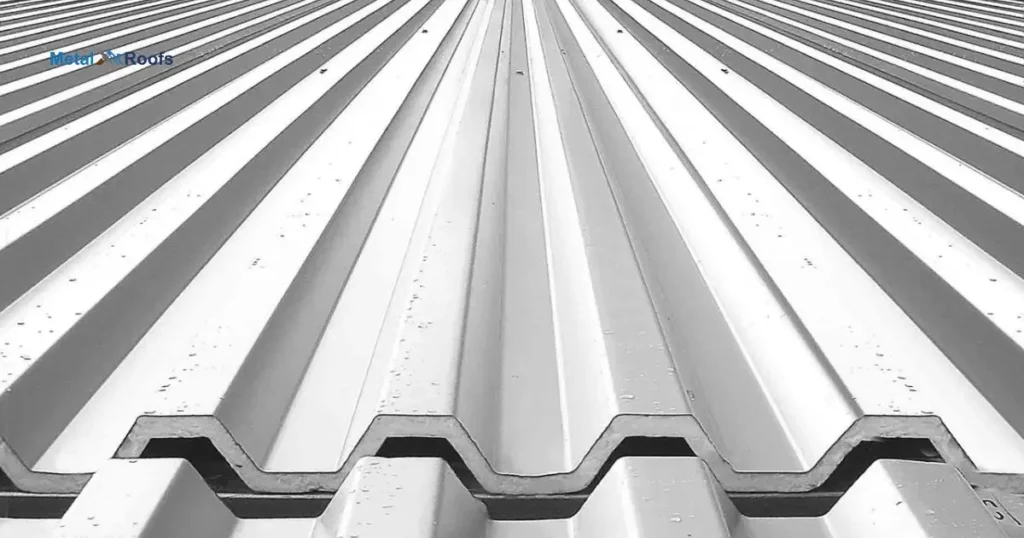
| Metal Roofing Panel Profile | Metal Gauge |
| Standing Seam | 29 Gauge |
| Corrugated | 26 Gauge |
| Ribbed | 24 Gauge |
| R Panel | 22 Gauge |
Metal roofing panels come in various profiles and gauges. The profile determines the shape and appearance of the panels, while the gauge indicates their thickness. Thinner gauges, like 29-gauge, are lighter and cheaper but may dent more easily.
Thicker gauges, such as 24-gauge, offer greater durability but come at a higher cost. The choice between profiles and gauges depends on factors like budget, climate, and aesthetic preferences. Ultimately, it’s essential to balance these factors to select the most suitable metal roofing option for your needs.
26 Gauge 29 Gauge Metal Roofing
When deciding between 26 gauge and 29 gauge metal roofing, consider factors like durability, cost, and climate compatibility. Thicker 26 gauge metal offers better resistance to impacts and severe weather conditions, making it suitable for areas with heavy snow loads or high winds.
29 gauge metal roofing is more economical and easier to install, making it a viable option for regions with milder climates or budget constraints. Consult with roofing professionals to determine the best choice for your specific needs and preferences.
Durability Of 26 Gauge 29 Gauge Roofing
When comparing the durability of 26-gauge and 29-gauge roofing, gauge thickness matters. Thicker 26-gauge roofing offers more resistance to dents and impacts, making it better suited for areas prone to severe weather.
On the other hand, 29-gauge roofing is thinner and may be more susceptible to damage from heavy hail or other impacts. Both options can provide adequate durability when properly installed and maintained. Consider factors like climate, budget, and personal preference when choosing between 26-gauge and 29-gauge roofing.
Thicker gauge roofing might offer extra peace of mind in harsh conditions, while thinner gauge roofing can be a more economical choice without sacrificing too much durability. Consulting with roofing professionals can help determine the best option for your specific needs.
Appearance
When it comes to appearance, 29-gauge metal roofs offer a sleek and modern look. Their thinner profile creates a smooth and streamlined appearance that can enhance the overall aesthetics of a building. With clean lines and minimalistic design, these roofs can complement various architectural styles effortlessly.
The lighter weight of 29-gauge metal roofing contributes to its elegant appearance, giving buildings a sense of sophistication and refinement. Installed on residential homes or commercial structures, the crisp finish of these roofs adds to the curb appeal and visual appeal of any property.
Cost Difference Between 26-Gauge And 29-Gauge
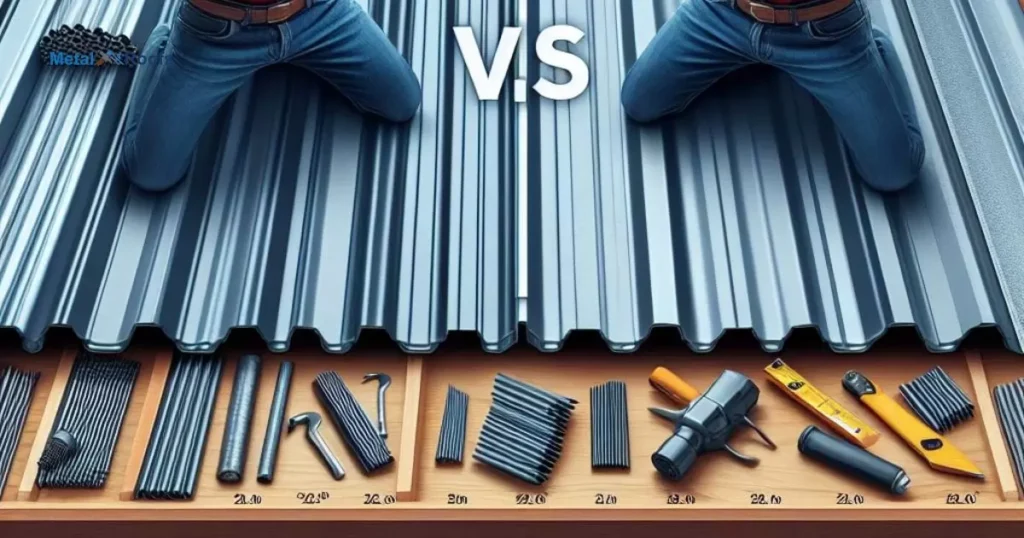
When comparing the cost of 26-gauge and 29-gauge metal roofing, the difference lies in thickness. Thinner 29-gauge metal is generally less expensive than 26-gauge. This price discrepancy is due to the amount of material used, with thicker gauges requiring more metal.
While 26-gauge metal offers greater durability and may be better suited for harsh climates, 29-gauge provides a more economical option. It’s important to consider your specific needs and budget when choosing between these two options. Consulting with roofing professionals can help determine the best choice for your project.
When Should I Use 26 Gauge Metal Vs 29-Gauge?
When deciding between 26 and 29-gauge metal roofing, consider factors like weather severity and budget. 26-gauge is thicker, offering better resistance to heavy impacts, ideal for harsh climates. 29-gauge is thinner, more budget-friendly, suitable for milder weather conditions. Choose based on durability needs and financial constraints.
You Should Use 26 Gauge Metal Panels If
Choose 26-gauge metal panels if you’re in an area prone to severe weather like heavy snow or high winds. Thicker gauge offers better resistance to impacts, ensuring durability against harsh conditions. Opt for 26-gauge for enhanced protection and longevity in challenging climates.
You Should Use 29 Gauge Metal Panels If
You should use 29-gauge metal panels if your budget is tight or if you live in a region with mild weather conditions. Thinner gauge metal offers cost savings without sacrificing quality, making it suitable for less severe climates. Consider 29-gauge for affordability and adequate protection in moderate weather environments.
How Long Will A 29 Gauge Metal Roof Last?
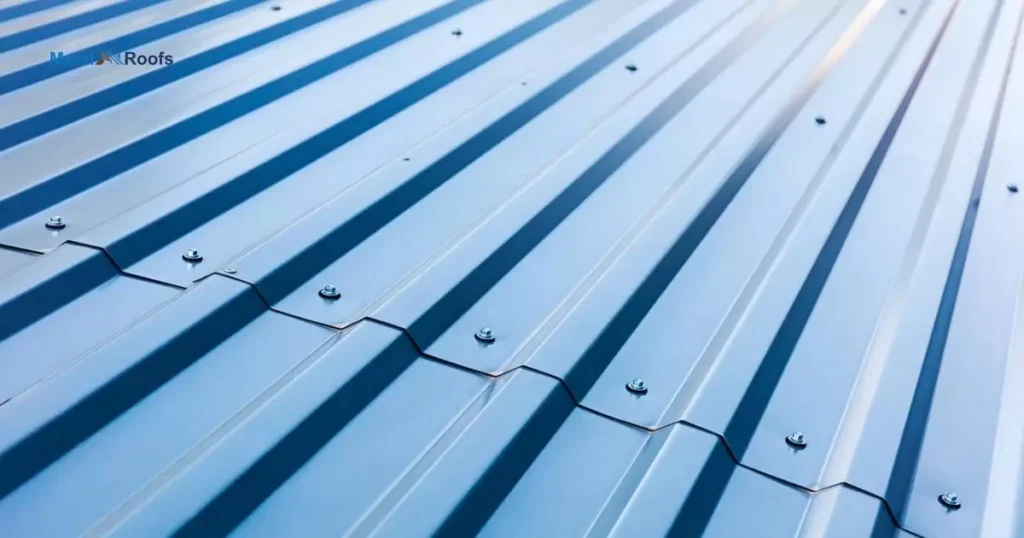
How long a 29-gauge metal roof lasts depends on various factors such as installation quality and maintenance. Generally, a well-installed 29-gauge metal roof can last 20 to 30 years or more.
Regular inspections and timely repairs can extend its lifespan. Factors like climate, exposure to elements, and proper ventilation also influence durability. Consider these aspects to maximize the longevity of your 29-gauge metal roof.
Benefits Of Different Gauges
Different gauges, whether referring to wire gauges, shotgun gauges, or other measurement systems, offer various benefits depending on their specific applications. Here are some examples:
Wire Gauges:
Thinner Gauges (Higher Numbers): Used for applications where flexibility and ease of bending are important. Thinner wires are also suitable for low-current applications.
Thicker Gauges (Lower Numbers): Offer lower electrical resistance, making them suitable for high-current applications where minimizing voltage drop is crucial, such as in power distribution systems.
Shotgun Gauges:
Smaller Gauges (Higher Numbers): These are often preferred for smaller game or for sport shooting due to their lighter recoil and versatility.
Larger Gauges (Lower Numbers): Typically used for larger game hunting or for sports like trap and skeet shooting where a greater spread and impact are desired.
Sheet Metal Gauges:
Thinner Gauges (Higher Numbers): More pliable and easier to manipulate, making them suitable for applications like roofing, siding, and crafting.
Thicker Gauges (Lower Numbers): Offer greater strength and durability, often used in industrial and construction applications where structural integrity is essential.
Railroad Gauges:
Standard Gauge (4 feet 8.5 inches): Offers a balance between stability, cost-effectiveness, and ease of construction. It’s the most widely used gauge globally.
Narrow Gauges: Offer advantages in tighter curves and steeper gradients, making them suitable for mountainous terrain or where space is limited.
Broad Gauges: Provide increased stability and capacity, often used in regions with heavy freight traffic or where high-speed rail is a priority.
Knitting Needle Gauges:
Smaller Gauges (Higher Numbers): Ideal for fine and delicate knitting projects, such as lace or lightweight garments.
Larger Gauges (Lower Numbers): Suited for thicker yarns and larger projects, offering faster progress and a more substantial final product.
In summary, the benefits of different gauges depend on the specific requirements of the application, including factors such as strength, flexibility, precision, recoil, and
Considerations For Selecting Gauge
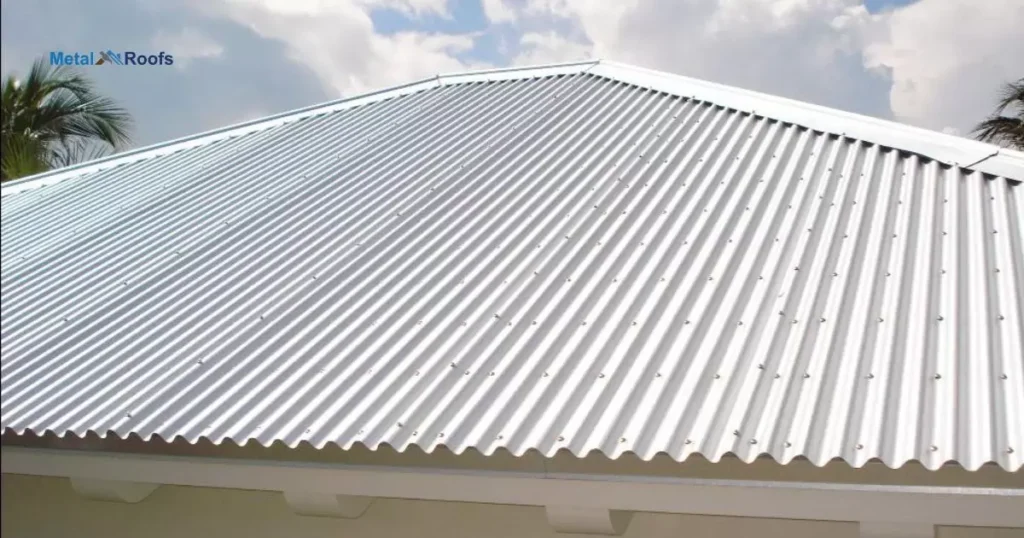
When selecting the gauge for your metal roof, consider factors like climate, budget, and desired durability. Thicker gauges, such as 26-gauge, offer better resistance to heavy impacts and harsh weather conditions, making them suitable for areas prone to severe weather.
Evaluate your specific needs and priorities to determine the most suitable gauge for your metal roofing project. If you’re in a region with mild weather and want to save on costs, opting for a thinner gauge may be appropriate.
If you prioritize durability and need greater resistance to extreme weather events, investing in a thicker gauge metal roof may be the better choice. Consider the trade-offs between cost and performance to make an informed decision.
Frequently Asked Questions
How Long Does A 29 Gauge Metal Roof Last?
A 29-gauge metal roof lasts around 20-25 years with proper care.
What Is A Good Gauge For A Metal Roof?
Choose the metal roof gauge based on your climate and budget thicker gauges like 26 or 24 for severe weather, thinner gauges like 29 for affordability in milder climates.
How Far Can 29 Gauge Metal Roofing Span?
29-gauge metal roofing can span up to 24 feet.
Conclusion
In summary, 29 gauge metal roofing is a viable option. It offers solid protection at a reasonable cost. Proper installation is crucial for long-lasting performance. For typical residential uses, this gauge is sufficient. Evaluate your specific requirements to ensure it meets them.
Overall, a 29 gauge metal roof can be good. It resists weather, fire, and pests effectively. Maintenance needs are minimal compared to other materials. The upfront investment pays off through decades of service. With the right application, this gauge delivers excellent value.
